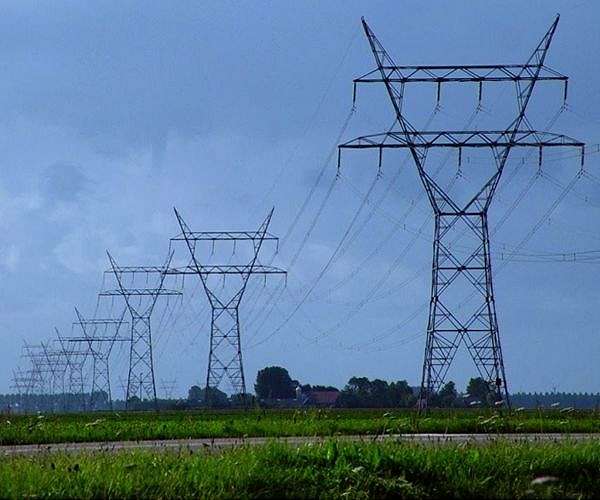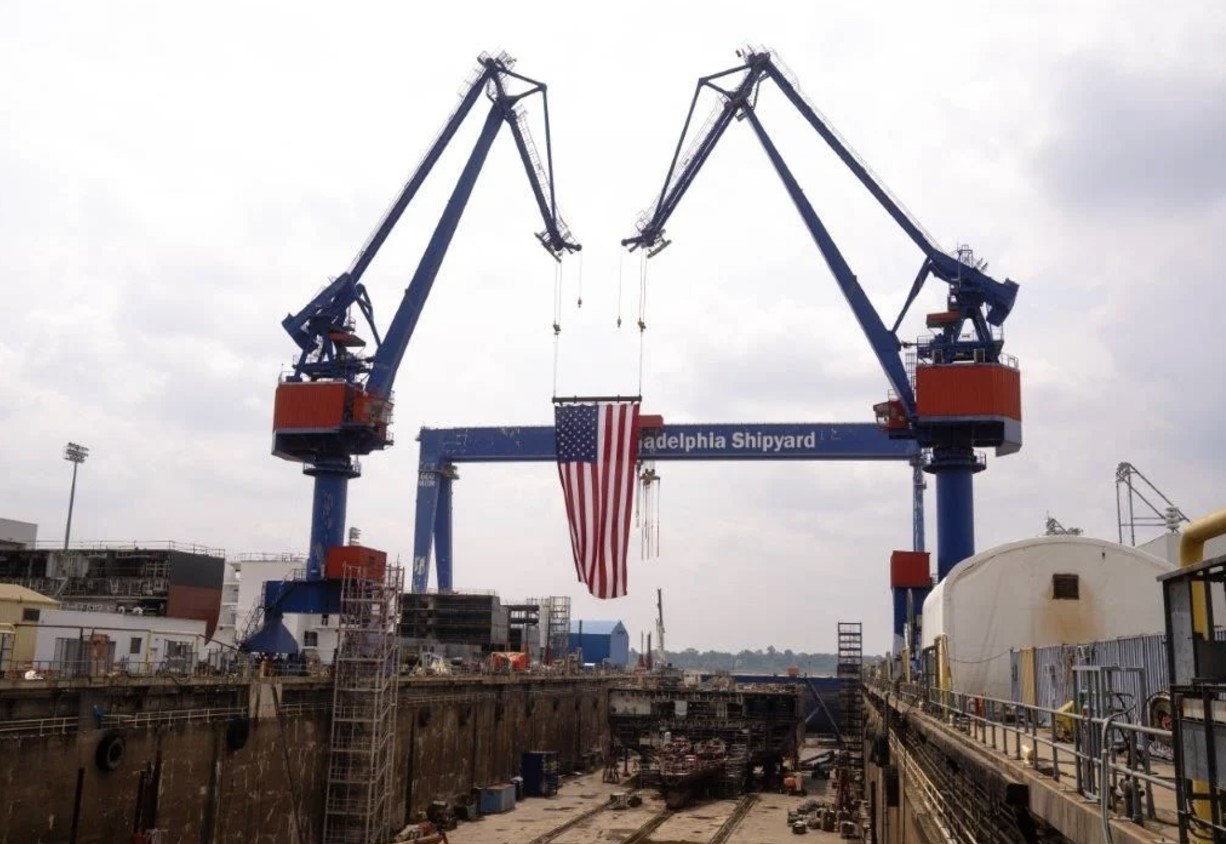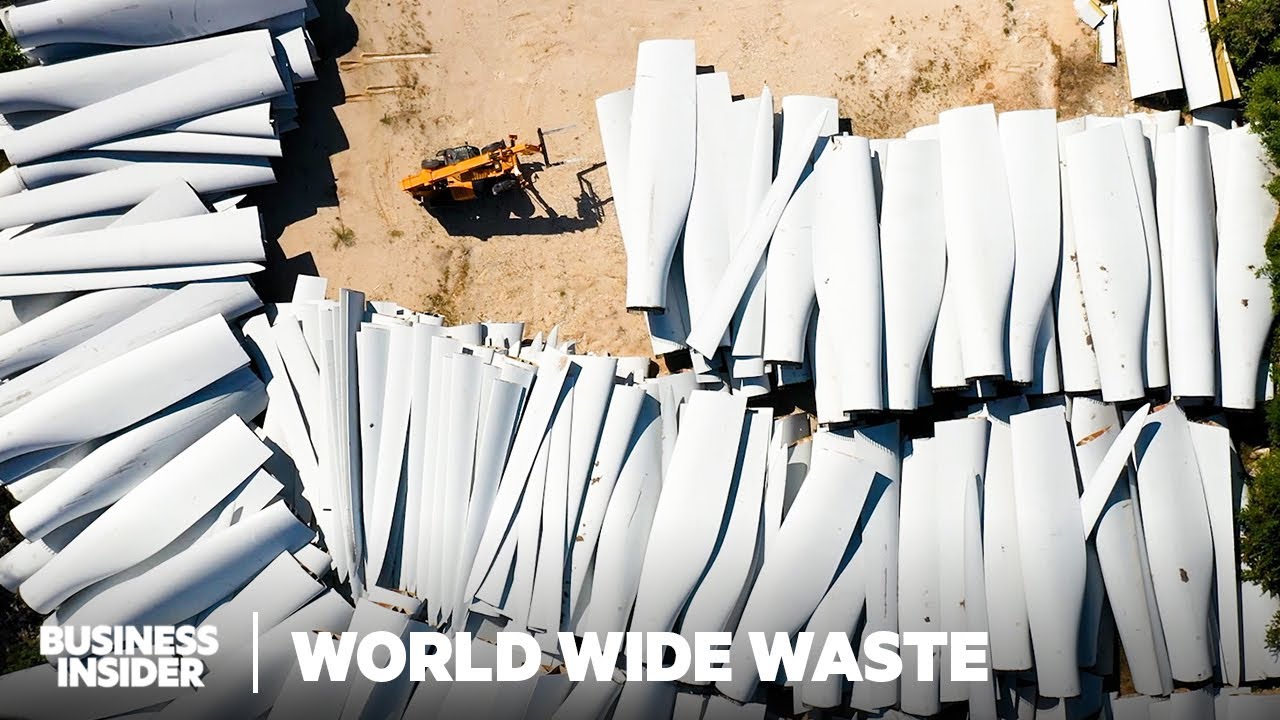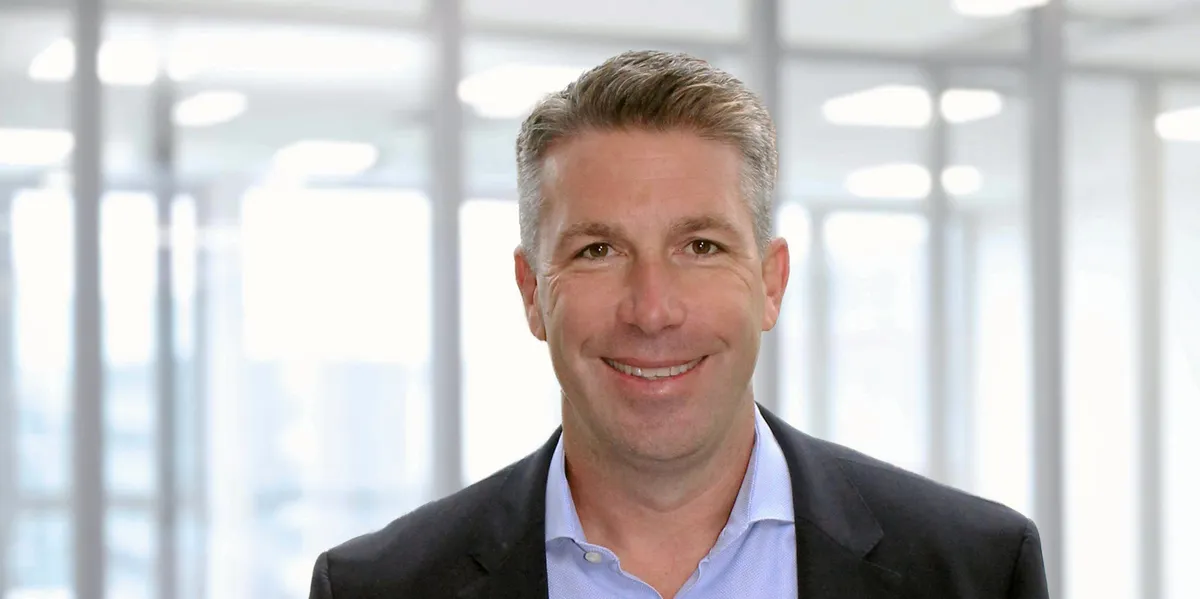
Work starts on key German wind power energy line
by AFP Staff Writers
Frankfurt, Germany (AFP) Sept 11, 2023
Construction work has started on the long-delayed 700-kilometre (430-mile) power line that will transfer wind-generated electricity from northern to southern Germany, the economy ministry said Monday, pushed by an energy crisis.
The underground line, SuedLink, is vital for the energy transition as northern Germany has more wind farms than the south, where officials have faced criticism for dragging their feet on building turbines.
In fact, the power line had been due to begin operation in 2022, but works had been held up because of strong opposition from the south, particularly in Bavaria.
An energy crisis sparked by Russia’s war on Ukraine had finally forced southern states to relent.
Construction of the 10-billion-euro ($10.7 billion) project will finally begin with work on a tunnel under the River Elbe, in the northernmost state of Schleswig-Holstein, the ministry said in a statement.
The line will transfer power to the affluent, energy-hungry southern states of Bavaria and Baden-Wuerttemberg.
Scheduled for completion in 2028, the line will have a total transmission capacity of four gigawatts — enough power for about 10 million households.
“With the SuedLink, southern Germany will in future be able to benefit from the large quantity of wind power generated in the north,” said Economy Minister Robert Habeck.
“This will strengthen (energy security) in Germany, and also neighbouring countries.”
Habeck, of the ecologist Green party, added the start of construction was “good news” for the energy transition.
In addition, a major power cable running between northern Germany and Denmark to the north was nearing completion, and is scheduled to be finished next year, the ministry said.
This line will improve the transfer of electricity from regions of Denmark that produce wind power, and strengthen the European grid, it said.
As part of efforts to fight climate change, Europe’s biggest economy is aiming to become carbon neutral by 2045, and has pledged to produce 80 percent of its electricity from renewable sources by 2030.
Germany is in dire need of extra sources of power — it recently shut down its last nuclear plant and plans to close its final coal-fired power stations in the coming years.
But a study by the German Wind Energy Association released in July showed that, while the country had made progress in expanding onshore wind power capacity, more work is needed to meet key targets.
There has been political resistance to turbines from local communities concerned they could be a blight on the landscape, particularly in southern Germany, meaning far more permits have been issued in the north.
Related Links







